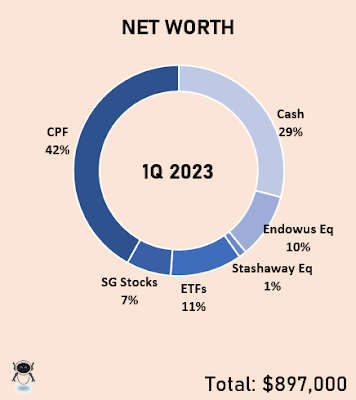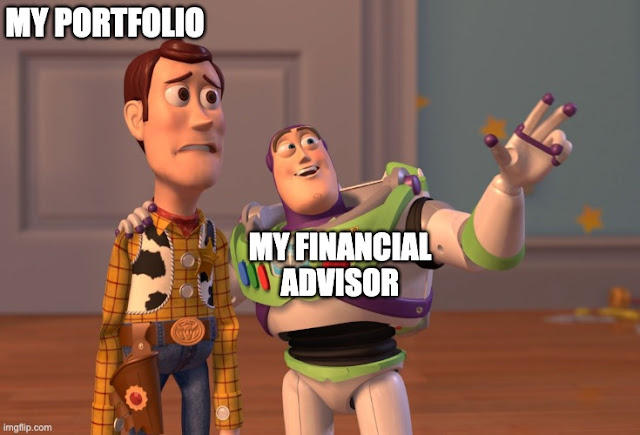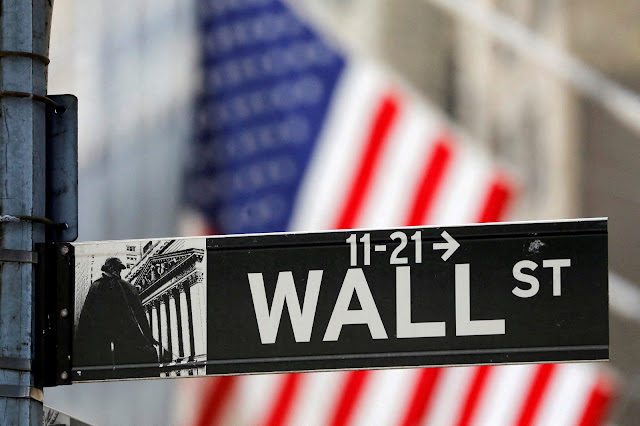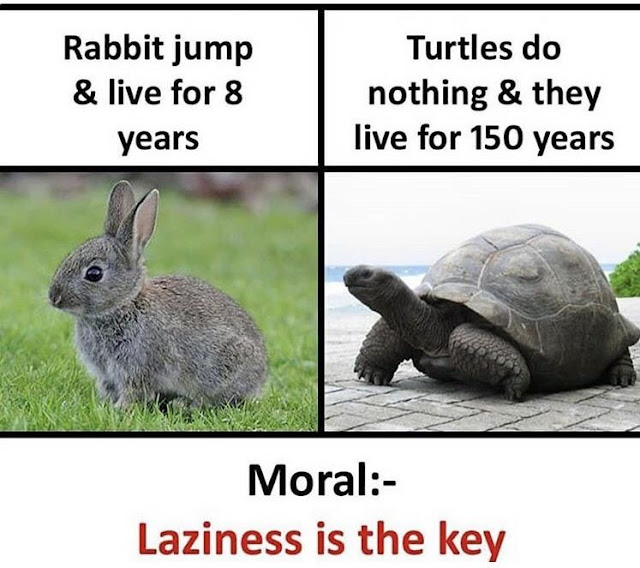Investing vs Speculating vs Gambling
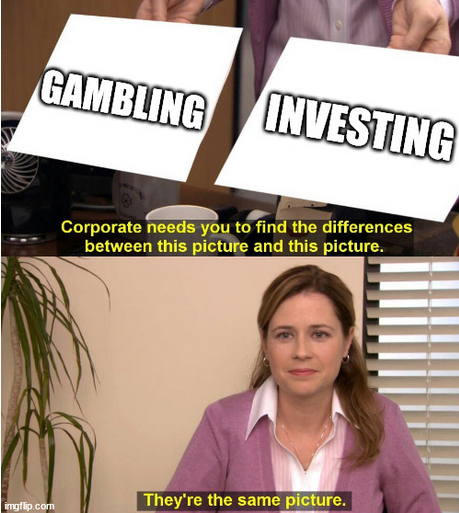
Investing and gambling are sometimes discussed in the same context as they both involves putting money at risk with the goal of making a profit. To distinguish between the two, we first need to understand what is gambling. There are two main elements of gambling: 1. Gambling involves randomness and it is therefore risky 2. The expected return of gambling is negative (note, I'm excluding games like poker where the skill of the player can increase their chances of winner against other players). For example, the roulette at casinos has an expected return of -5.3%, which means for every $10 you bet, you are expected to get back only $9.47. The slot machine expected return is between -15% and -2% depending how the machine is configured. And Toto, our national favourite form of gambling, has an expected return of an abysmal -58%!! Like gambling, investing also carry risks. Changing market conditions, shifting demand and supply, new innovation etc. could influence the value of your inve...
